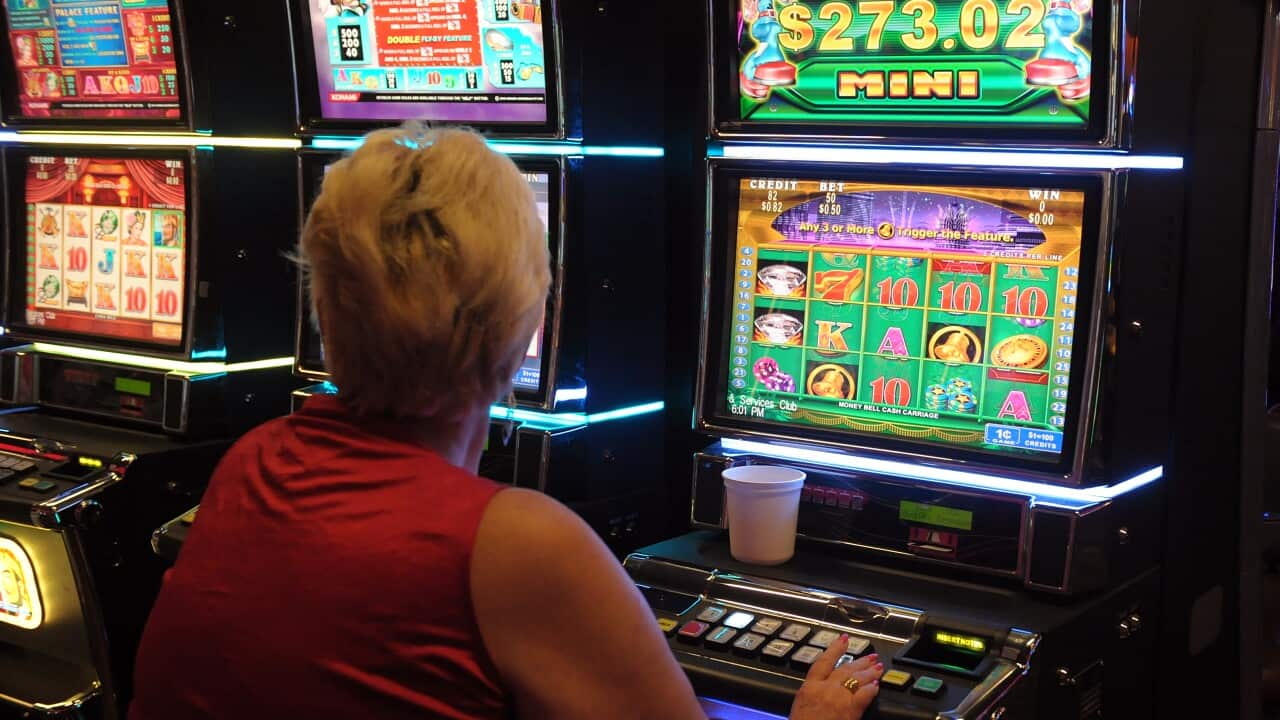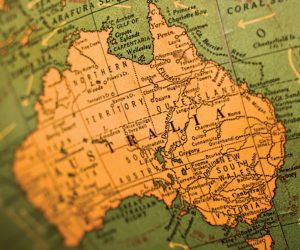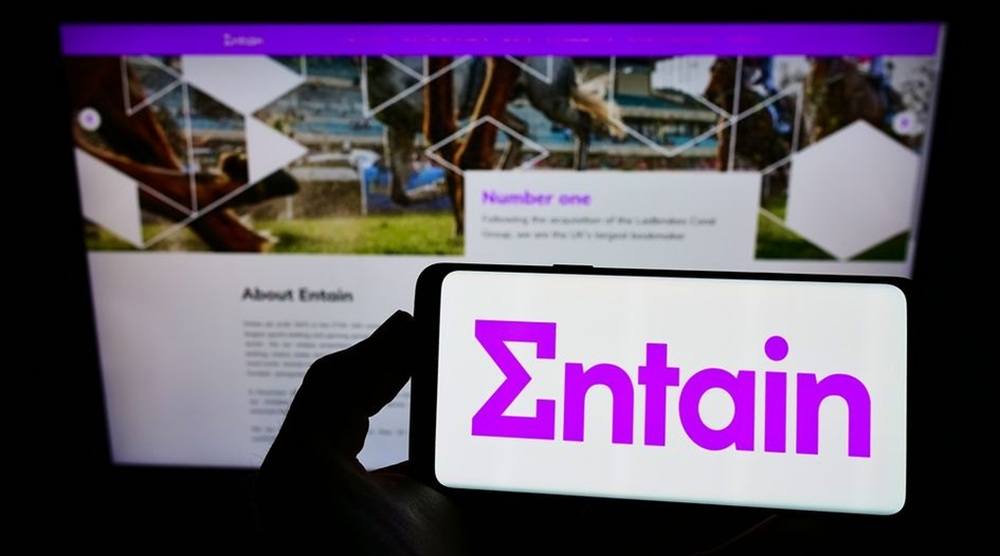Australia has the highest per capita gambling losses in the world.
The average annual loss per adult — $1,635 — is almost triple that of our Kiwi neighbours, who lose $584 annually.
The Grattan Institute has proposed an eight-step road map for the government to tackle this addiction and the harm associated.
The report — A better bet: How Australia should prevent gambling harm — comes amid mounting pressure on the government to ban all gambling advertisements.
“Australia has taken a lax approach to gambling, and it shows,” the report stated.
“Gambling is big business, and the industry has repeatedly used its political power to thwart efforts to better protect the public.”
What is the state of gambling in Australia?
Gambling is hard to escape, with one poker machine — more colloquially known as ‘pokie’ — available for every 131 Australians, according to 2019 data.
As well as being everywhere, our pokies have high stakes and fast rates of play, accounting for $12 billion in losses each year.
The report blames the pervasive availability of gambling at pubs and clubs, as well as
Approximately 1.6 million Australians place online bets each month, contributing to a third of the $25 billion lost annually to gambling. Source: SBS News
Roughly 1.6 million Australians place an online bet each month, accounting for a third of the $25 billion lost from gambling each year.
The report also found that one in three Australians gambled regularly and that online betting had “surged” particularly among young men, with industry advertising described as a “major culprit” in the normalisation of gambling.
What are the key recommendations?
The Grattan Institute recommends eight key measures, including reducing the number of locations where you can gamble and banning advertisements that promote the behaviour.
The report calls for a complete ban on all gambling ads and urges the government to reduce the number of poker machines in each state.
The suite of measures includes adding warning labels to games with gambling-like features,
It also demands the government establish a national system that places daily, monthly, and annual loss limits on both online gambling and poker machines. It argues that a broader framework for all forms of gambling will be required in the future.
The researchers also highlight the importance of funding gambling support services, suggesting a national review of resources and further investment for research gaps.
How did we get here?
The federal government was expected to announce a position on gambling advertising at the National Cabinet last month, following .
The Murphy inquiry’s 33 recommendations included a complete ban on gambling advertisements — to be phased in over three years — and the creation of a national regulator.
But a failure to bring the issue to the cabinet has spurred rumours that the federal government is considering watering down the legislation.
Reports claim it is instead considering a partial ban on gambling advertisements during live sports broadcasts, an hour on either side of the match, as well as a limit on two advertisements per hour during general programming.
What is the government’s response?
Social Services Minister Amanda Rishworth told Sunday Agenda discussions were ongoing with states and territories to share “dual responsibility” on how best to minimise gambling harm.
However, she deflected questions about a partial ban, noting that Communications Minister Michelle Rowland was diligently working through each recommendation.
“Our focus is how do you reduce online harms, ensure that children are protected and, of course, that we do reduce problem gambling in this country. So, everything has to be guided by that.”
With additional reporting from the Australian Associated Press.
Readers seeking support for gambling concerns can contact the National Gambling Helpline on 1800 858 858 for free, professional and confidential support 24 hours a day, 7 days a week. More information is available at






